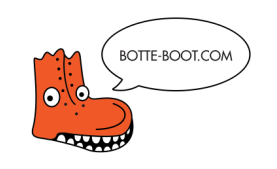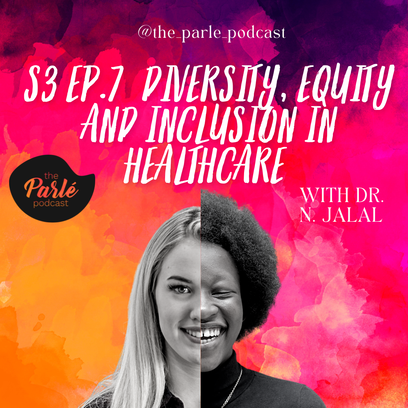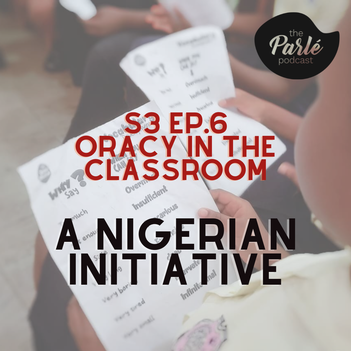|
Dr. Nafeesa Jalal is the Founder of N. Jalal Global Consulting, a boutique firm which
specializes in supporting organizations on matters of diversity, equity, inclusion and anti- racism. She brings 14 years of experience and a deep passion for DEI. She joins us today in her capacity as a DEI professional. As healthcare providers who often work with vulnerable populations, it is important for us to recognize that we have the responsibility to offer our services in an inclusive and equitable way. Throughout this episode, we talk about unconscious bias, what it is and why it’s important for healthcare workers to understand. Everyone has bias. It is therefore imperative that we understand and recognize our biases. How do we make sure that our bias doesn’t interfere with the services that we as healthcare professionals provide? The human body transmits 11 million bits of information at any given time. However, our conscious mind is only able to process 50 bits of information/sec. Therefore, our brain must take shortcuts… how does information we have stored in our brains affect how we perceive the world around us? Listen to find out more Here are links to two websites that we mention. Human Library Organization: https://humanlibrary.org/ “We must speak up when we see injustices in our profession and in our world” (Dr. Jalal) To learn more about Dr. Jalal’s firm, click on her website. www.nafeesajalal.com
0 Comments
Photo source: https://www.instagram.com/p/CL6gWyOhV1y/?utm_source=ig_web_copy_link
This episode is very fitting given that June is Effective Communications Month. Join me as I interview Henry Emeka and CJ, creators and lead facilitators of the Noisy Classroom - Oracy. Both Henry and CJ work with children in Nigeria, Africa to help them improve their communication skills. Traditionally, Nigerian children are taught to modify their native accent in order to sound more American or British. However, the philosophy behind the Noisy Classroom - oracy initiative is to move away from accent modification and to focus more on communication skills and styles in order to improve intelligibility and self-expression. They also talk about how they help children transform their thoughts into expressions. This is done using the following three components:
1) Vocabulary Development 2) Speech-Language Development 3) Social Communication Development "As much as we respect and love our culture, there are some aspects that we have to do away with." "Children need to start advocating for their own ideas." Check out their Instagram Page to find out more. |
Your host:Chantal Mayer-Crittenden, Speech-Language Pathologist and researcher, hosts a bevy of guests on the topic of communication at large. Archives
November 2022
Categories
All
|



 RSS Feed
RSS Feed